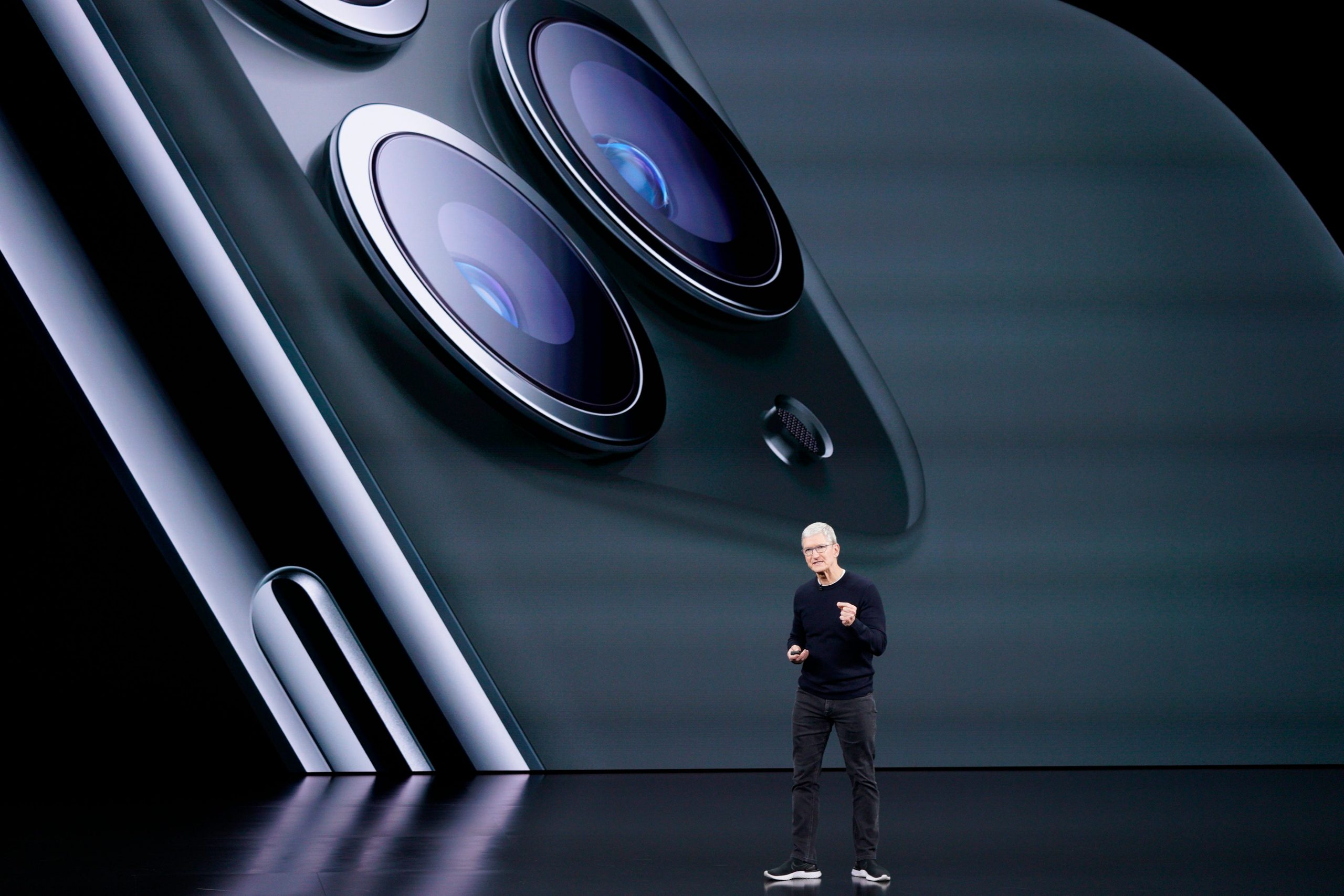- Apple’s iPhone 12 could be delayed by one to 2 months, according to analysts at JPMorgan.
- Travel restrictions put in place to curb the coronavirus outbreak may delay Apple’s engineering and product verification testing.
- The prediction comes as Apple’s supply chain is recovering from disruptions caused by the pandemic.
- Apple usually announces and launches its new iPhones in September.
- Visit Business Insider’s homepage for more stories.
The launch of Apple’s next major iPhone, believed to be called the iPhone 12, could be delayed by one or 2 months as both the company’s business operations and supply chain recuperate following disruptions related to the coronavirus pandemic.
That’s according to a group of analysts at JPMorgan, which recently issued a research note saying that a one to 2 month delay “could indeed happen.” The group, led by Gokul Hariharan, authored the note, dated March 25.
The travel restrictions put in place because of the coronavirus could cause delays in Apple’s engineering and product verification testing, which may in turn impact the iPhone’s launch, according to the analysts. Postponements in building out the 5G networks in the United States because of the pandemic could also affect Apple’s next-generation iPhone, the note said.
Bloomberg recently reported that the outbreak is likely making it difficult for Apple to test early versions of the next iPhone, adding that the company will have to send engineers to China to finalize designs.
If the launch of Apple's iPhone 12 is delayed, the analysts at JPMorgan don't think the setbacks will last much longer than that one- to 2-month timeframe.
"We believe that a 1-2 month delay in iPhone launch could indeed happen, but we do not believe that a one- to 2-quarter delay is very likely," the analysts wrote. "Delay in US 5G network buildout with the current lock-downs is possibly the main risk for a meaningful push-out in 5G launches."
The coronavirus pandemic has disrupted Apple's business across its corporate offices, retail stores, and global supply chain. Apple said at the end of February that it does not expect to meet its revenue target for its fiscal 2nd quarter, and it recently closed all retail stores outside of China until further notice. Apple also canceled the in-person version of its Worldwide Developers Conference, one of its biggest events of the year.
Still, it's unclear whether the pandemic will actually result in a delayed launch for Apple's next iPhone. Since Apple typically begins mass producing its new iPhones in May, Bloomberg reports that the device is still on track to launch in the fall.
Apple's next-generation iPhone is expected to come with support for 5G connectivity, depth-sensing cameras similar to the ones that recently debuted on the iPad Pro, and a new design. Apple typically announces its new iPhones in September and releases them shortly thereafter.

